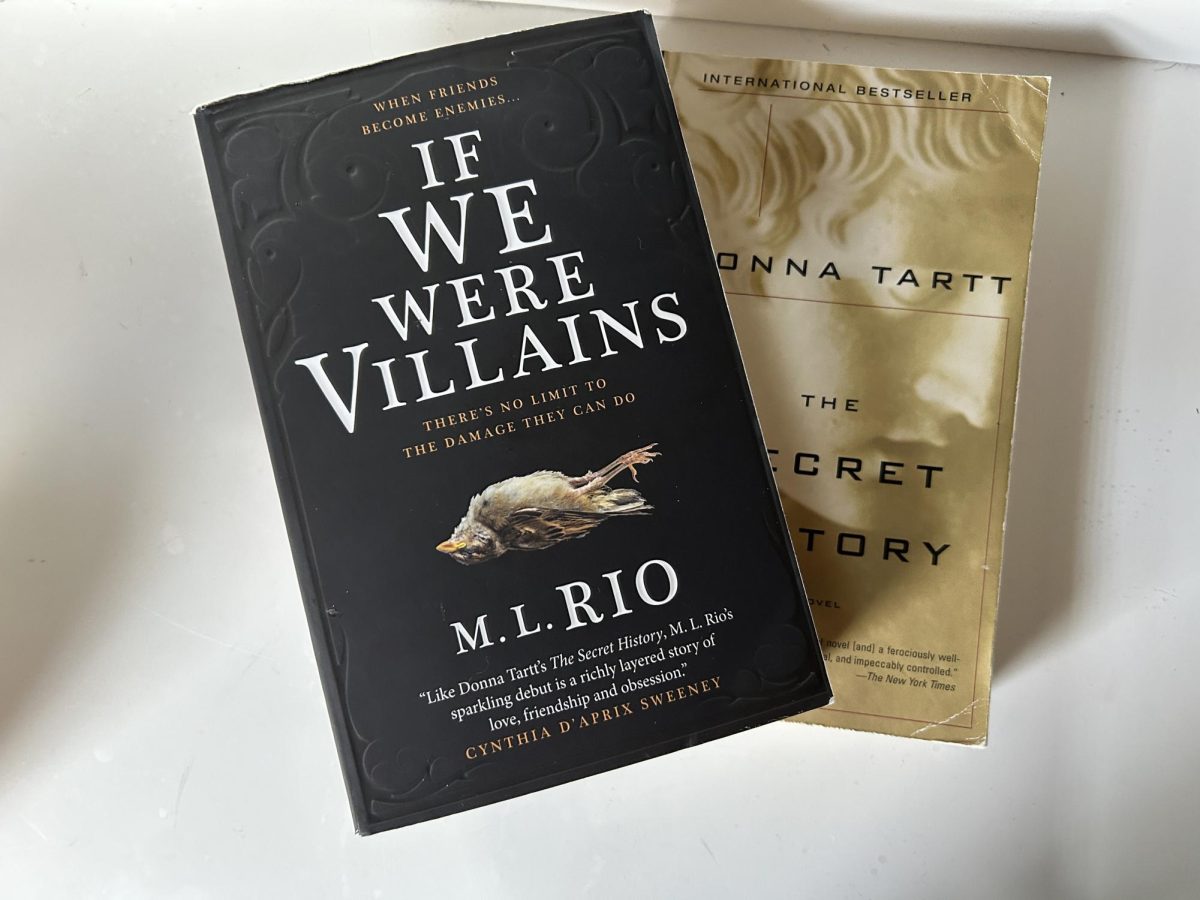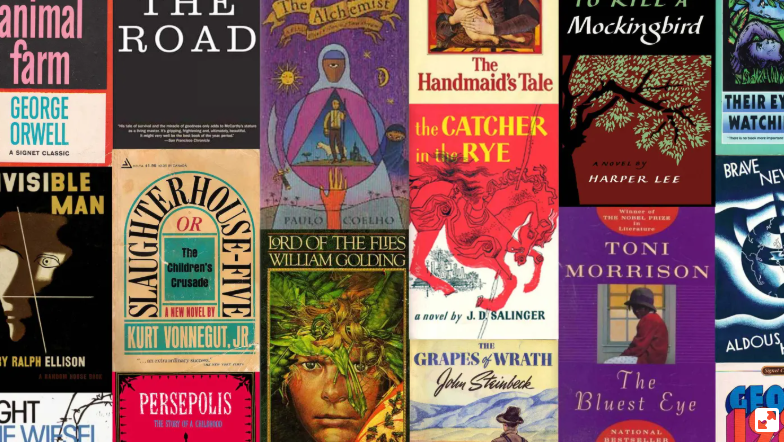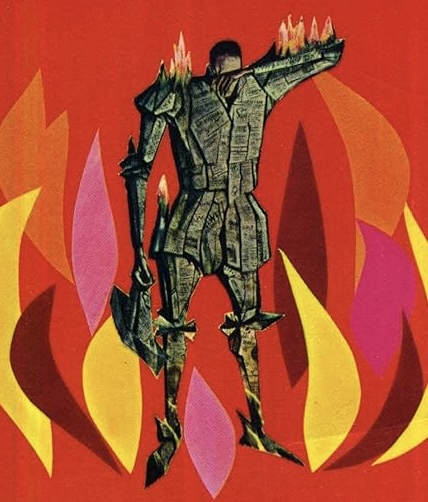**This article will contain mild spoilers of If We Were Villains by M.L Rio and The Secret History by Donna Tartt
A few days ago, I finished reading M.L Rio’s book If We Were Villains. The story follows seven main characters who are theater majors at a prestigious arts college, Dellecher Classical Conservatory. Oliver, Wren, Fillipa, James, Meredith, Richard, and Alexander, the main characters, are in their final year, making them seniors – and very close friends. Their focus is on Shakespeare, and it is safe to say they are obsessed. Everything they learn is about Shakespeare, and the plays they put on are also all Shakespeare. Throughout the novel, the characters, especially Oliver (the narrator), undergo many trials and have to do things most wouldn’t expect during their education. An important thing to note is that one of the characters (one who gets angry very quickly) will die.
The novel switches from past to present multiple times, where it is revealed within the first few pages that Oliver is in prison for some crime he has committed. The rest of the book serves as an explanation of what happened from his perspective. While I was reading, I noticed something very odd. The entire book had the same energy and vibe as one of my all-time favorites – The Secret History by Donna Tartt. If you switch around some of the names and make the characters focus on Grecian history, it’s almost the same. In The Secret History, the characters are also students in a unique university, part of a prestigious class of 6. They speak Latin and Greek and dedicate themselves to the study of classics. Unfortunately for them, their obsession with their studies plagues their real lives. It ultimately leads to the murder of one of the main friends in the friend group – a character who is also arrogant and has a short fuse.
While I can’t say I hated If We Were Villains, I have a lot of criticisms. It was too similar to The Secret History to believe it was completely original. It could have been much better if Rio had kept the dark academia vibe but changed the story slightly. I also didn’t like how one-dimensional the characters were. In the beginning, you think you’ll learn about each character, but there are only two characters the book actually zones in on. Meredith, Fillipa, Wren, Alexander, and Richard are static characters, and the author doesn’t delve into their stories as much. They all fit into repetitive stereotypes, which felt overdone and boring. I also didn’t particularly appreciate how Meredith was portrayed, as I think her character had the potential to be much more significant. Similarly, Richard is only depicted in one way, which I can understand. Still, I definitely would have liked it if there was more meaning to him and who he was. Each character lacked depth, which is another one of my biggest criticisms.
As I said earlier, I can’t say I hated this book. Thankfully, some redeeming qualities made it not horrible. The story itself was entertaining and kept me reading. I enjoy most books that follow this format and don’t find them too difficult to read. I also can’t say I’m the best person to give a review because 75% of it revolves around Shakespeare, who I know barely anything about. It’s possible if I knew more of his plays and whatnot, I would have caught something that made it much more unique and gripping. But, this review still stands true if you’re like me and don’t know everything about Shakespeare. I would say read it for the experience and form your own opinion.
This book gets 6/10 Viking Heads.





















